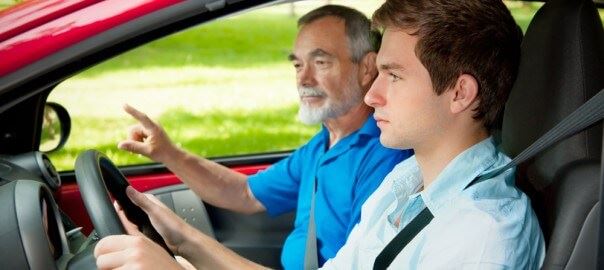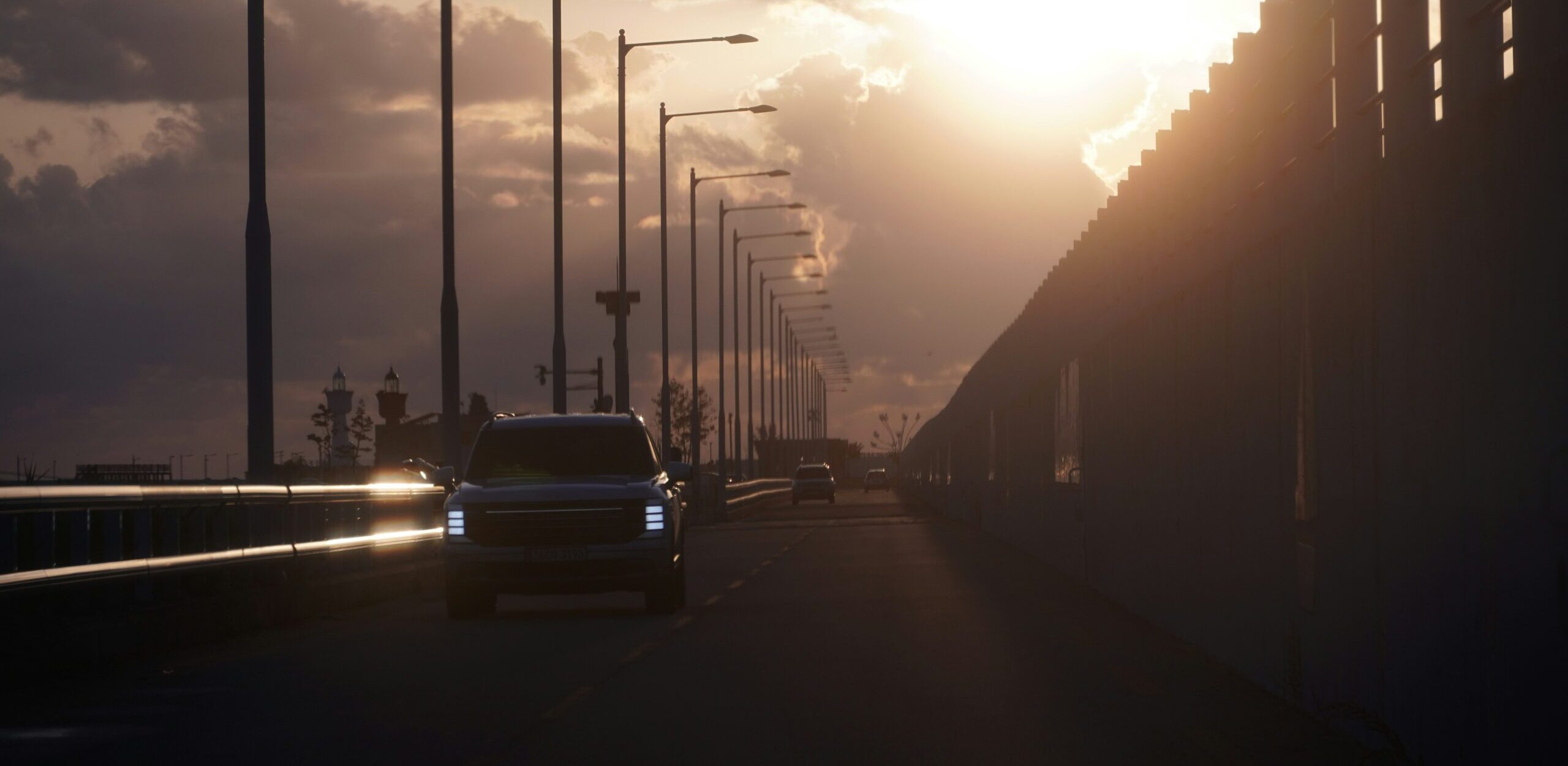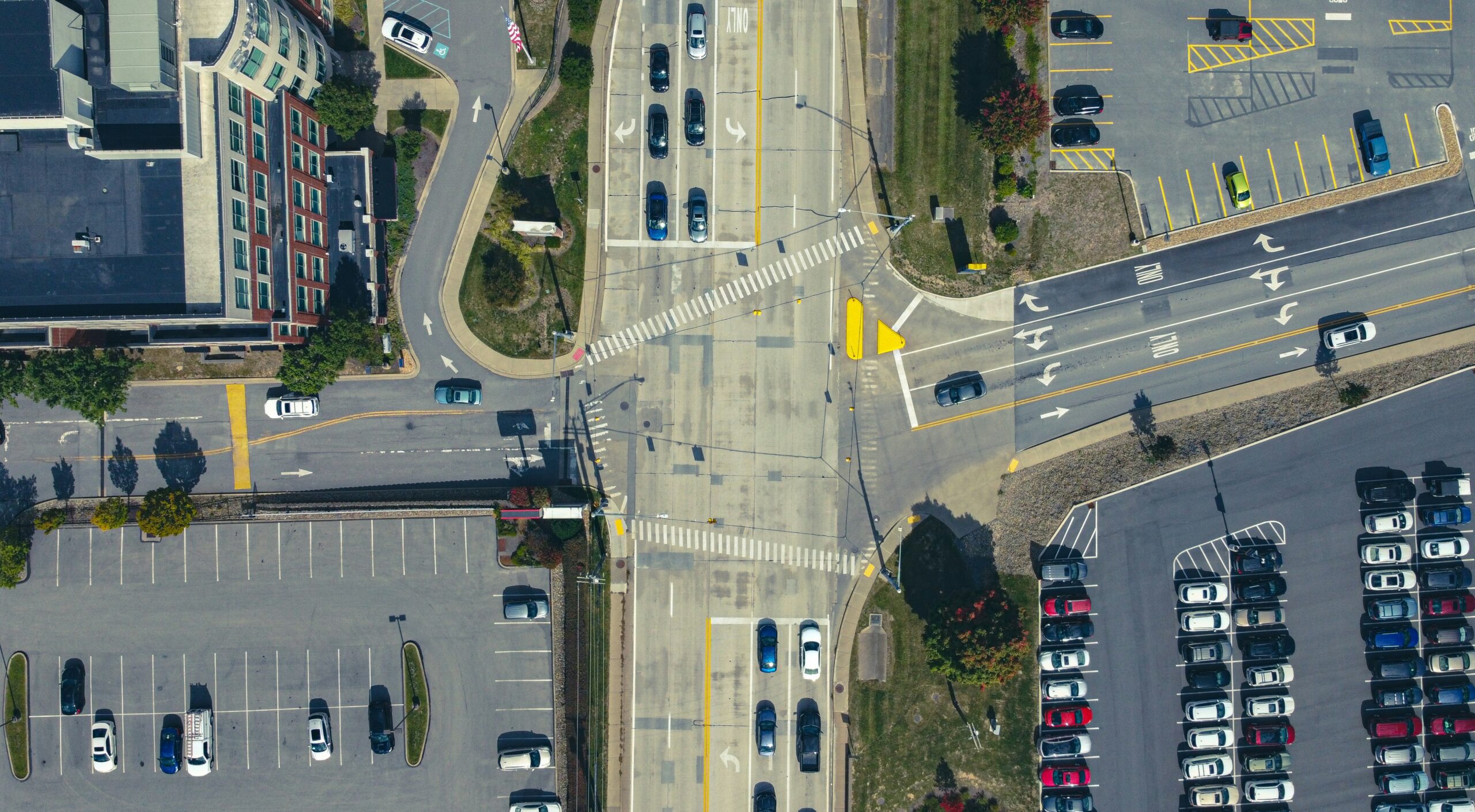No one is a perfect driver but that doesn’t mean we can’t all strive to be better. With simple fixes from esurance, you can fix four common driving errors and be a better driver overall.
BAD HABIT: RIDING THE BRAKES DOWNHILL
- Why you might do it: Riding the brakes makes you feel safer heading down an incline.
- Why it’s harmful: You’re risking total brake failure. After all, when you cling to them coming down a steep mountain or hill, you could be grinding the brake pads for minutes at a time. This makes them very hot, which can literally boil the brake fluid and rob your car of its stopping power.
- What to do instead: Use the engine, not the brakes, to control your speed. Downshift when you want to go slower — even in an automatic (usually “L” or “2” on the shift panel will work). This raises your rpm and reduces your mph. Plus, contrary to popular belief, it typically saves more gas than going downhill in neutral.
BAD HABIT: WARMING UP YOUR CAR BY IDLING
- Why you might do it: For drivers in cold-weather locales, this is a common habit. You know the drill: 10 minutes before you want to drive somewhere, start the car a-idling, sprint back into the house to wait, and desperately refresh those flight rates to Hawaii.
- Why it’s harmful: An idling engine goes through a tremendous amount of wear and tear. And it actually warms up rather slowly while wasting a bunch of fuel in the process.
- What to do instead: Drive right away — just take it easy (and double up on mittens). Your car hits its peak quickly by doing normal car things, and idling in Park isn’t one of them.
BAD HABIT: LETTING THE GAS GAUGE DROP TO “E”
- Why you might do it: Have you seen gas prices lately?
- Why it’s harmful: You risk burning out your fuel pump and collecting sediment in your gas tank. This sludge can clog the fuel injector and hamper the performance of the engine.
- What to do instead: There’s no hidden fix — just get gas before you’re running on fumes.
BAD HABIT: ACCELERATING (TOO) SLOWLY
- Why you might do it: Because you’ve been told by every parent, driving instructor, and car insurer that it’s bad to “jackrabbit” start.
- Why it’s harmful: Yes, going pedal-to-the-metal right away hurts your fuel economy. But so does easing off the gas too much. Cars perform at their greenest in higher gears. If you take too long getting to your cruising speed, your gear-shifting drags and you end up wasting fuel.
- What to do instead: A good way to improve gas mileage is to find a happy middle ground: not too fast or too slow. Taking roughly 15 seconds to go from 0 to 50 mph allows for efficient upshifting.
Fixing these simple bad habits will make you a better driver, increase the life of your car and generally save money in the process.




